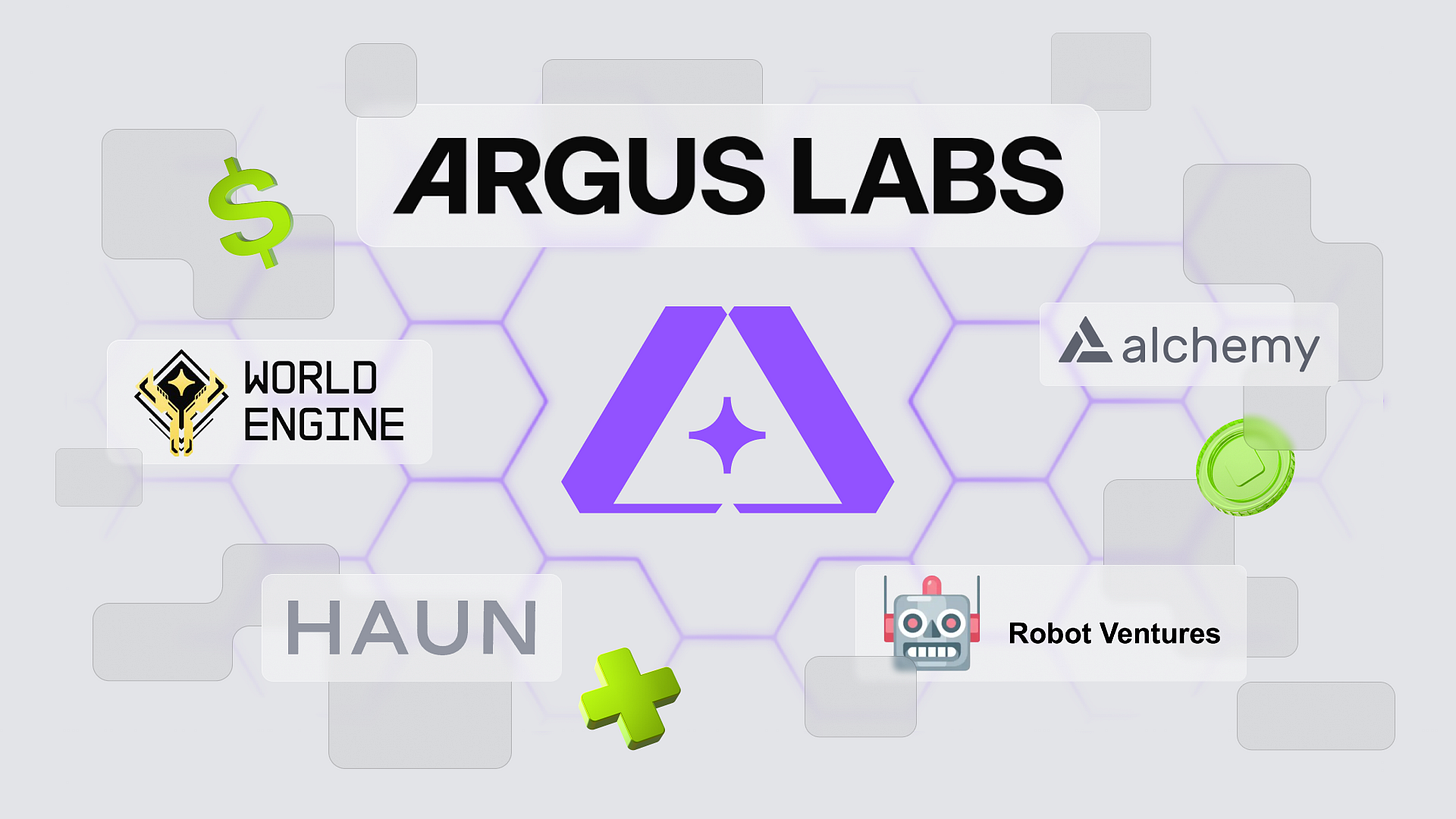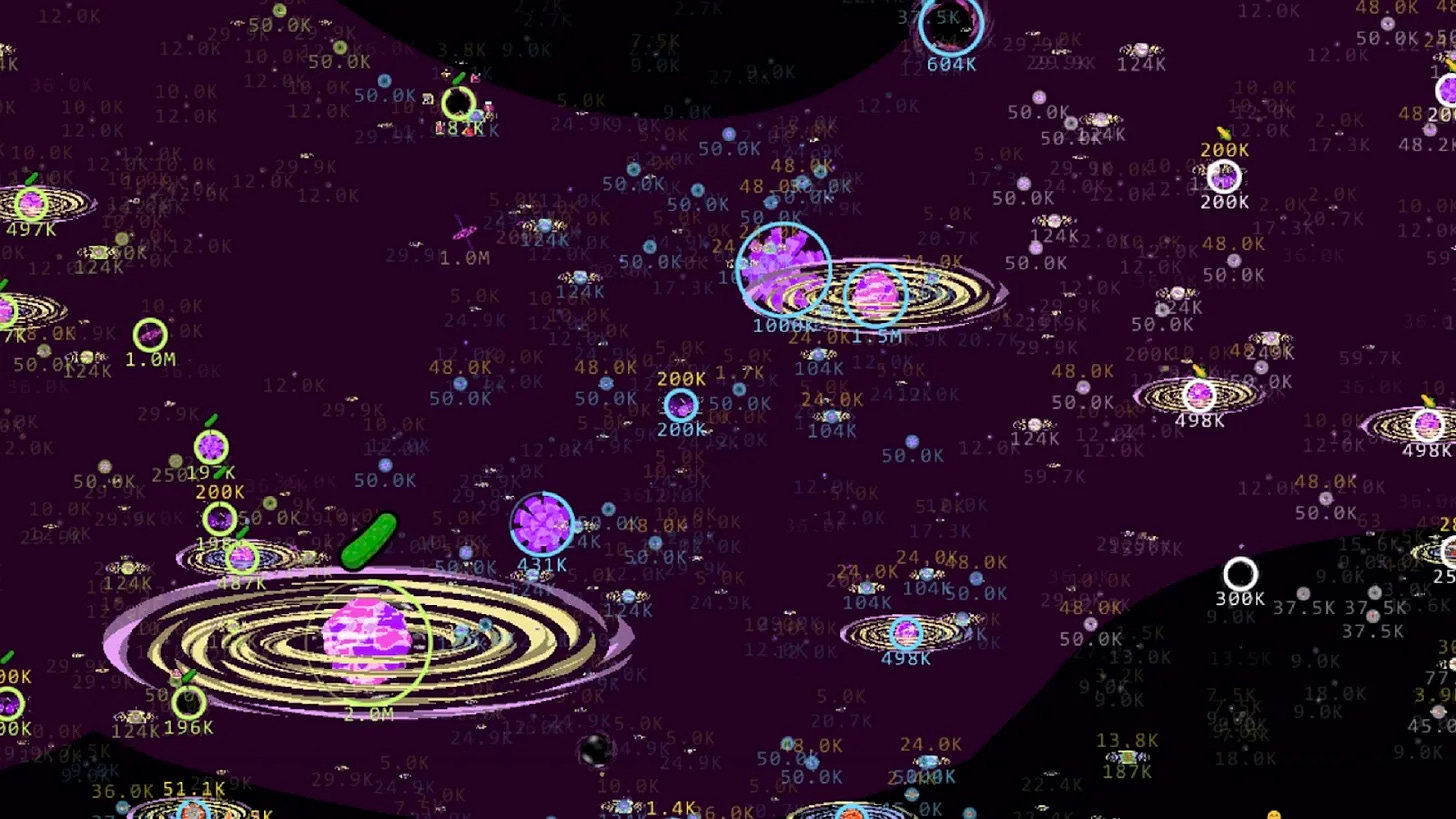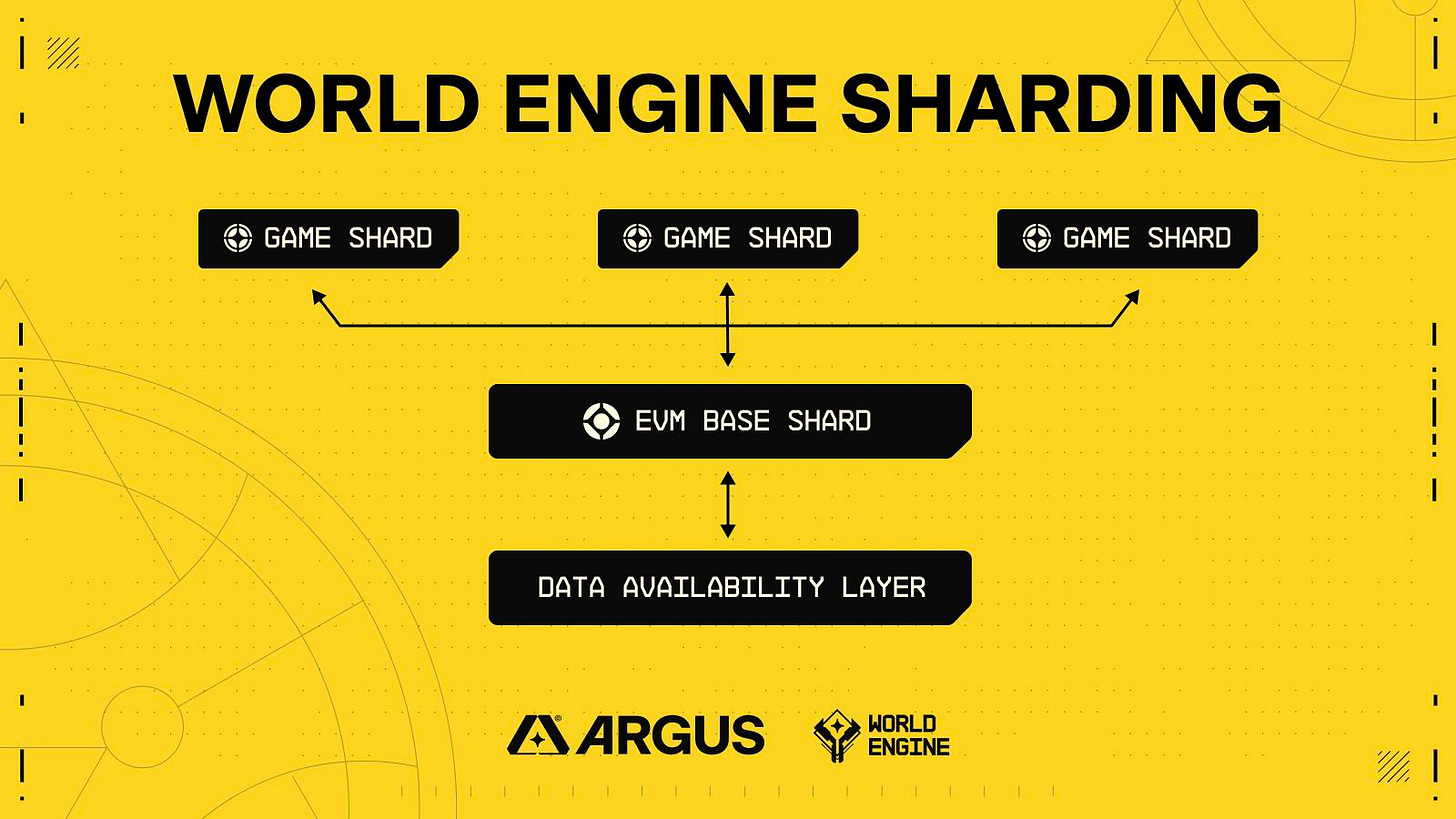World Engine by Argus: a game changer for Web3 gaming or a next gimmick?
Brief investment round recap:
Project: Argus Labs
Date: June 6, 2023
Round: Seed
Amount: 10 million USD
Lead investor: Haun Ventures
Other investors: Alchemy, Robot Ventures, Elad Gil, Balaji Srinivasan, Calvin Liu, Siqi Chen
Product: World Engine, a sharded roll-up SDK built to horizontally scale on-chain games.
Investments in the Web3 space sometimes seem paradoxical. Many blockchain builders emphasize the importance of decentralized data access and intend to empower users with full control over their data. They sell these ideas to venture capitalists, who usually aim to profit from user data. But these Web3 solutions may literally leave no chances to monetize projects, as the control over databases shifts from corporations to users. Essentially, this means that some startups are pitching ideas that won’t generate any profit for VCs.
It also seems that Argus Labs, the startup that has recently secured a 10 million USD funding from notable investors, including Haun Ventures and Robot Ventures, is doing the same by offering to make online games player-owned. In this article, we will explore whether this groundbreaking solution (no pun intended!) from Argus has the potential to benefit the gaming industry.
What does Argus Labs offer for Web3 gaming?
In short, Argus Labs aims to bridge the gap in performance and gameplay between traditional (Web2) titles and fully on-chain games by implementing sharding on Layer 2 through its own World Engine. This is a very ambitious goal, and if you are new to the concept of fully on-chain gaming, we recommend you to read this article to have some basic ideas and explore the examples of these titles.
Dark Forest gameplay screenshots
World Engine developed by Argus Labs is a dedicated blockchain for on-chain games which allows to build and customize open and interoperable game worlds. The solution allows every game to launch its own horizontally scalable blockchain through layer 2 sharding architecture.
In order to design this feature, Argus has revisited the concept of sharding, which includes dividing a blockchain network into smaller, manageable parts known as shards. Although sharding was initially considered as a highly efficient way for scaling Layer 1 blockchains, such as Ethereum and NEAR, it eventually gave way to roll-ups.
In World Engine, the EVM shard is reserved for smart contract transactions and operates like a typical blockchain. The project has not yet finalized the documentation. However, based on the only available blog post, EVM shards are running on Berachain by Polaris, which is built on top of Cosmos SDK. It is worth noting that the Cosmos SDK has been associated with certain hacks and vulnerabilities in the past.
Another ingredient is a game shard that acts like a high-performance game server with customizable features and high tickrate. Cardinal is the first live implementation of this technology which can produce 20 ticks (or blocks) per second. The shard supports geolocation, reducing latency when players reside on different continents. It also doesn’t require indexers which potentially allows to support more real-time games instead of turned-based titles. Finally, Cardinal supports the Go programming language, thus devs don’t need to use Solidity or other blockchain-specific languages.
What does World Engine mean for gaming?
Overall, there are several compelling factors that support the investment potential of Argus Labs' World Engine, including:
The unprecedented architecture of sharding on Layer 2.
A functional prototype, although no games are currently running on it.
The involvement of Scott Sunarto, the founder and CEO of Argus Labs, who played a pivotal role in co-creating Dark Forest. This fully on-chain game was very popular and managed to attract a large player base.
However, the main question is whether publishers and gamers need on-chain gaming?
User-generated content is undoubtedly crucial for gameplay, but expanding user access to the core game logic and data may not align with the objectives of most game publishers. Let's be honest: publishers invest substantial resources in game development with the ultimate goal of monetization. Operating an on-chain game would involve losing some control over intellectual property (IP) and, consequently, certain opportunities for monetization. I believe publishers may not view this as a desirable prospect.
Another challenge is the performance of on-chain games. In his presentation, Scott Sunarto emphasized that World Engine currently has a limit of 20 ticks (or blocks) per second. Tickrate is a single update of a game simulation and serves as the server's equivalent of a client's frame rate. After comparing this tickrate to the top online games like CS:GO and Valorant, which support 64 and 128 ticks per second respectively, we may conclude that on-chain games will lag behind in performance. Therefore, it is unlikely that they will rival traditional titles or drive widespread adoption of Web3 gaming in the near future.
Finally, despite the fact that games like Dark Forest and 0xMonaco have strong support from blockchain builders with programming skills, these games mostly revolve around coding competitions or hackathons, and they fail to engage the general public. Thus, on-chain gaming is likely to remain a niche segment and may not appeal to the broader audiences.
In this sense, “making games where the only thing on-chain is JPEGs” (as mentioned in the presentation above) appears to be more beneficial for blockchain gaming, especially when we look at the most recent Web3 experiments like Grit or Undead Blocks.
Bottom line
Despite the fact that World Engine represents an advanced and unprecedented technology, it may not necessarily appeal to game publishers and gamers for several reasons:
On-chain games may provide limited monetization opportunities for publishers.
Despite a higher tickrate, the performance of on-chain games will still lag behind top traditional titles.
However, it is important to note that the innovative approach of sharding on Layer 2, implemented in World Engine by Argus Labs, has the potential to drive the overall development of the blockchain industry.







